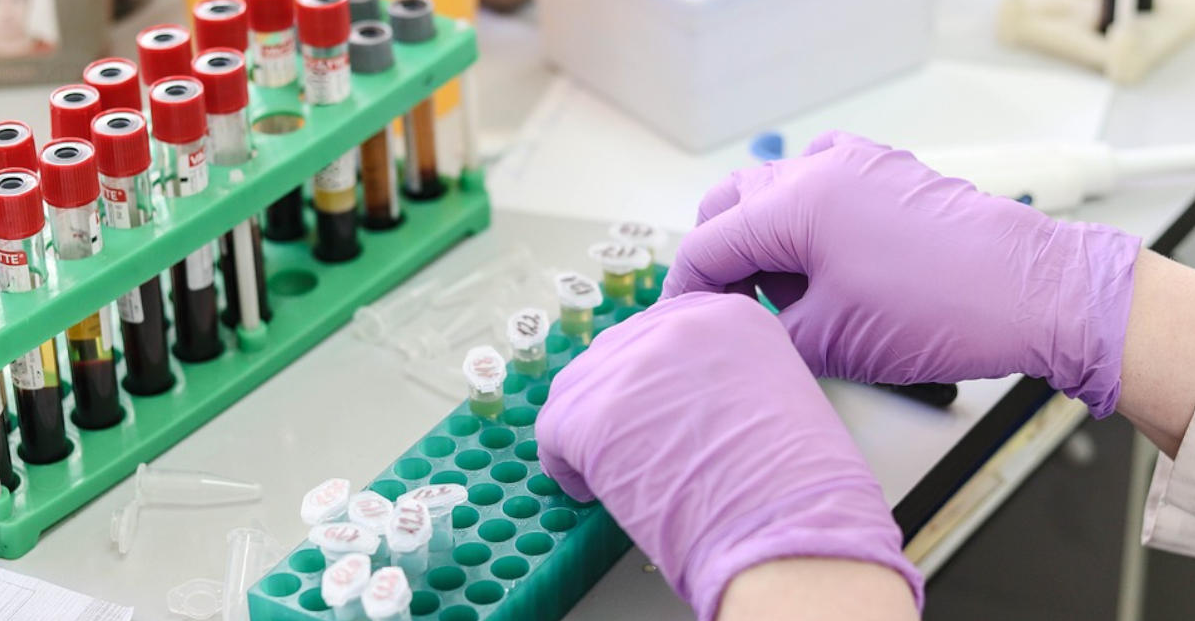Disproportionate Cannabis Drug Testing Among Black and Hispanic Mothers During Labor and Delivery
LOS ANGELES– A recent study published in the journal Hospital Pediatrics has revealed that a disproportionate number of Hispanic or African American patients are subjected to Cannabis-specific drug screening during the labor and delivery process. The study, conducted by researchers from Harvard Medical School, analyzed the characteristics of 1,924 patients who underwent peripartum toxicology testing between 2016 and 2020 at five birthing hospitals in Massachusetts.
The findings of the study align with prior research, which has consistently found that patients singled out for testing are often publicly insured and from ethnic minorities. In this particular study, Hispanic patients were twice as likely to undergo testing than other patients, while Black patients were four times as likely to be ordered to do so. Patients on public health care plans were also more than twice as likely to be tested for past Cannabis exposure.
Despite the high rates of testing, doctors seldom took any follow-up action or made changes to patients’ clinical management after they tested positive for Cannabis. The study’s authors concluded that toxicology testing of patients for a sole indication of Cannabis use, without other risk factors, may be of limited utility in elucidating other substance use and may exacerbate existing disparities in perinatal outcomes.
While data assessing the relationship between in utero Cannabis exposure and various neonatal outcomes, such as birth weight, is inconsistent, longitudinal data suggests that Cannabis exposure is rarely independently linked with adverse neurodevelopmental consequences. The study’s authors note that, “Although there is a theoretical potential for Cannabis to interfere with neurodevelopment, human data drawn from four prospective cohorts have not identified any long-term or long-lasting meaningful differences between children exposed in utero to Cannabis and those not.”
Despite this evidence, some states, such as Oklahoma and Alabama, have arrested and criminally prosecuted mothers for using Cannabis during their pregnancy. In fact, 24 states and the District of Columbia consider substance use during pregnancy to be child abuse under civil child-welfare statutes, and three consider it grounds for civil commitment, according to data provided by the Guttmacher Policy Review.
The study, titled “Limited utility of toxicology testing at delivery for perinatal Cannabis use” sheds light on the overrepresentation of certain populations in Cannabis-specific drug screening and the limited utility of such testing. More information on maternal Cannabis use and childhood outcomes can be found in the NORML Fact Sheet.



































